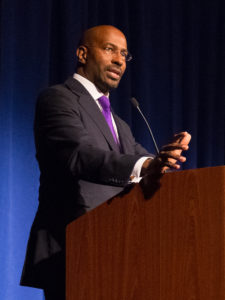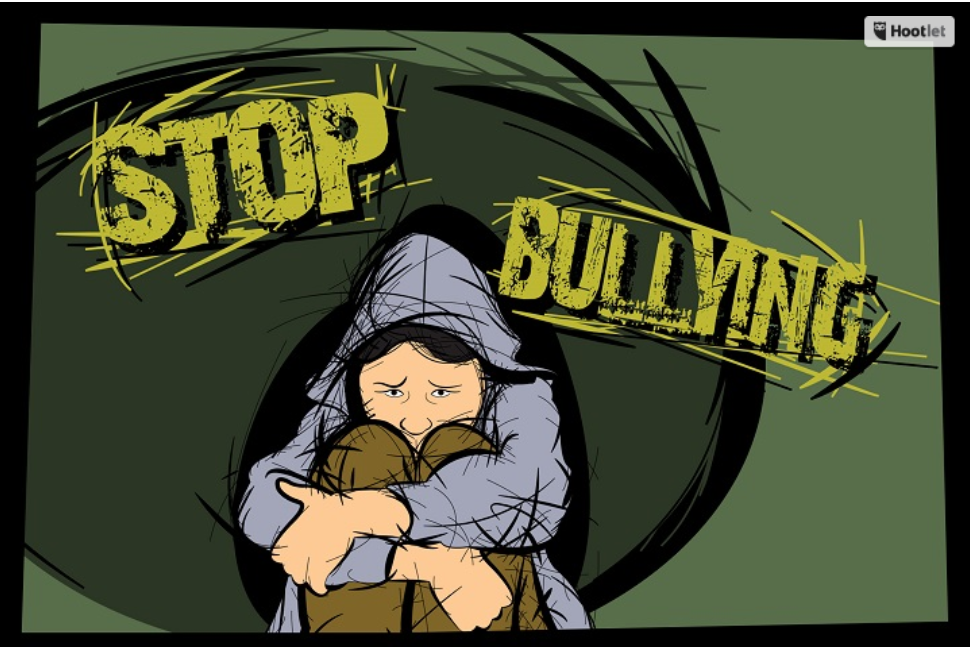Building a Ladder for New Nonviolent Activists
On a discussion forum for nonviolent (NV) activists, my friend David has been a consistent advocate for filling the jails, and has expressed frustration that so few people are willing. The discussion recently turned to encompass the question of property destruction (I’m an opponent). I shared my thoughts about both tactics, and added the concept of meeting people where they are and building a ladder for them to go deeper. I thought it might be useful to share it here, even though I recognize that it won’t be relevant to many of my business readers. You can see the entire conversation at https://thepowerdynamicofnonviolence.blogspot.com/2018/12/if-you-can-persist-in-face-of.html

@David Slesinger, it’s beginning to sound as if you feel that ONLY NV actions that result in arrests and jail are meaningful. I strongly disagree with that premise–and so would Gandhi (the local textiles movement), MLK (Montgomery bus boycott), and the Hebrew midwives Shifra and Pu’ah, who may have invented nonviolent resistance 3000+ years ago. (I’m at least not aware of any earlier documentation of a nonviolent action against state power than the scene in the Old Testament where Pharaoh confronts them.) The majority of Gene Sharp’s 198 NV tactics do not involve arrest.
I have been involved with hundreds of actions that provided meaningful protest and in some cases helped to change government policy that did not risk arrest.
Also, it’s important to give people a ladder. You have to meet people where they are ready. Most new activists take tentative steps at the beginning. Over time, some of them move up that ladder. Serving any jail time of more than a weekend or so is pretty high up the ladder. Serving a sentence of months or years is almost all the way at the top (a little below martyrdom) and many of us never reach it. You have told me many times about your frustration that so few people are willing to do as you’ve done.
Unknown raises excellent points about property destruction. Destruction of private property is a mistake both morally and strategically, for the reasons Unknown cites and also for its effect of making enemies of those whom other NV tactics would turn into allies.
I am a rape survivor. I have also experienced the break-in and looting/ransacking of apartments I was living in. They feel remarkably similar; the difference is in degree. Both are a violation. So was the time I was visiting my college after finishing, staying at the Gay Center–and a rock wrapped in a Nazi hate message came through the window. It wasn’t my property, but I felt just as violated.
I do make a distinction between property belonging to a single person (and that would include the merchandise inside a small store) and the use of property destruction aimed at the state or at e.g. military contractors–such as the actions of the Berrigans and their compadres in damaging draft records and nuclear missiles. WE should note that unlike looters, they got no personal gain, were really careful to avoid collateral damage to living creatures, and waited around to be arrested. They maintained the moral high ground even while destroying things. But this is extremely rare. Most instances of property violence are perceived as criminal or even terrorist by the public at large AND the power structure.









